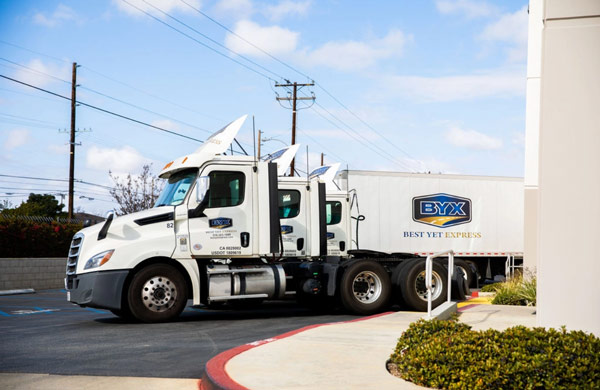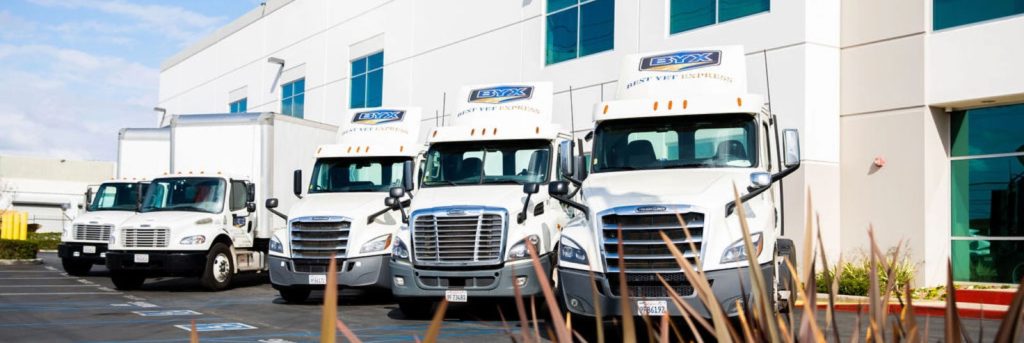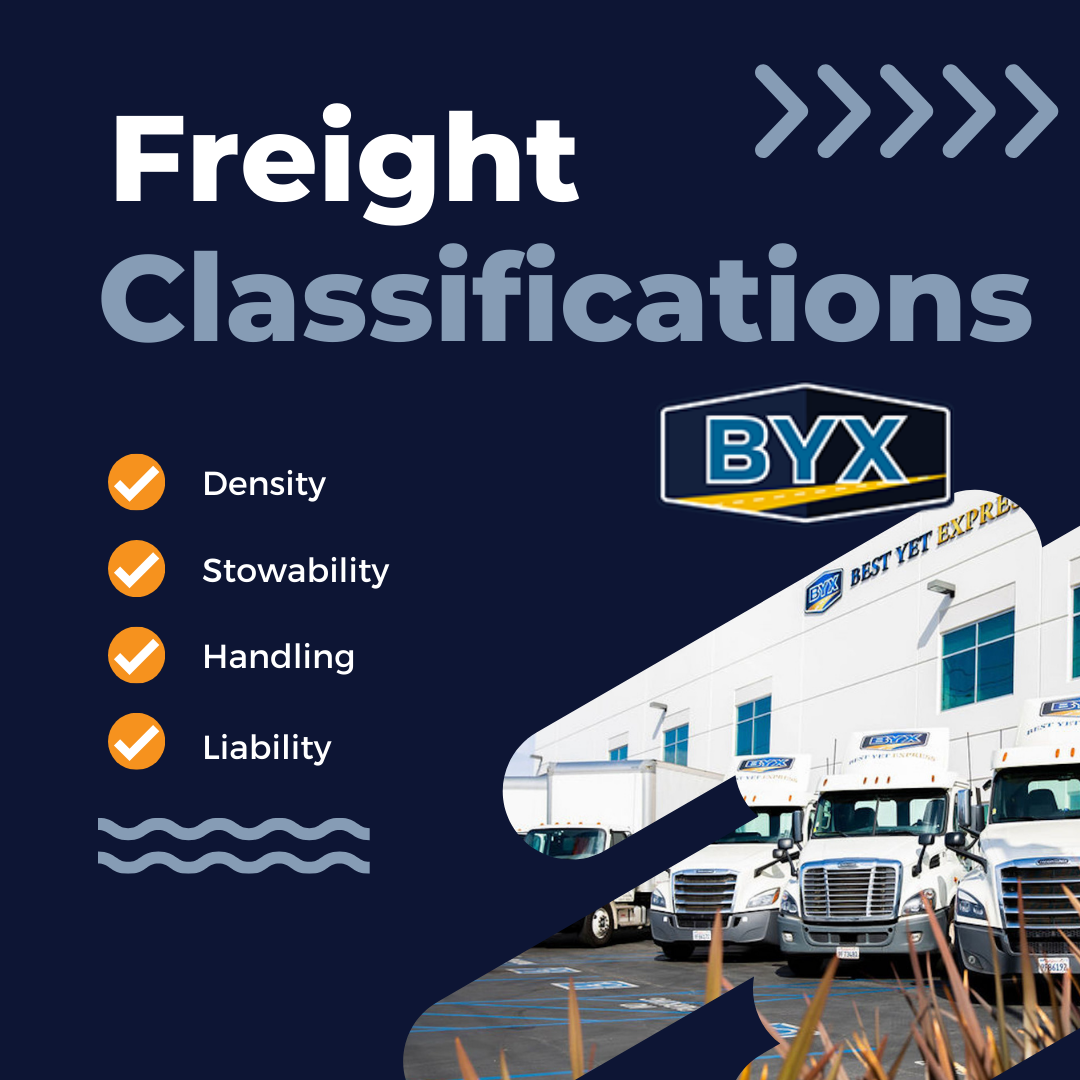These fun facts shed light on the fascinating and diverse world of trucking, showcasing the industry’s innovation, challenges, and unique aspects.
- Longest Truck Covoy: The longest truck convoy consisted of 587 semi-trucks and was achieved in the Netherlands in 2018, setting a Guinness World Record.
-
Highway Network Length: The United States has approximately 4 million miles of highways, making it one of the most extensive road networks globally, essential for the trucking industry.
-
Truck Sizes: The largest trucks in the world, known as “road trains,” can reach lengths exceeding 180 feet and are commonly used in Australia to transport goods across vast distances.
-
Truck Driver Shortage: In various parts of the world, there has been a notable shortage of truck drivers. In the U.S. alone, it’s estimated that the industry needs tens of thousands of new drivers each year to meet demand.
-
Fuel Efficiency: Modern trucking has made significant strides in fuel efficiency. Some trucks have engines capable of traveling over 6 miles per gallon, contributing to reduced emissions and cost savings.
-
Weight of Cargo: A single semi-truck can carry an average load of around 45,000 pounds (20,412 kilograms), which is roughly equivalent to the weight of 22 cars.
-
Trucking Industry Revenue: The trucking industry is a significant contributor to the economy, with billions of dollars in revenue generated annually. In the U.S. alone, it’s a multi-billion dollar industry.
-
Driver Rest Rules: Truck drivers have strict regulations for rest and drive times to ensure safety on the roads. These regulations are enforced to prevent fatigue-related accidents.
-
First Commercial Truck: The first commercial truck was built in 1896 by Gottlieb Daimler, equipped with a 4-horsepower engine and designed to carry goods.
-
Ice Road Trucking: In colder regions like Alaska and parts of Canada, ice road truckers navigate frozen lakes and rivers during winter months when these waterways are frozen, creating temporary “ice roads” for transportation.








